‘Munira Mirza’s resignation letter has weakened Tory MPs’ bonds of loyalty’
Your digest of analysis from the British and international press
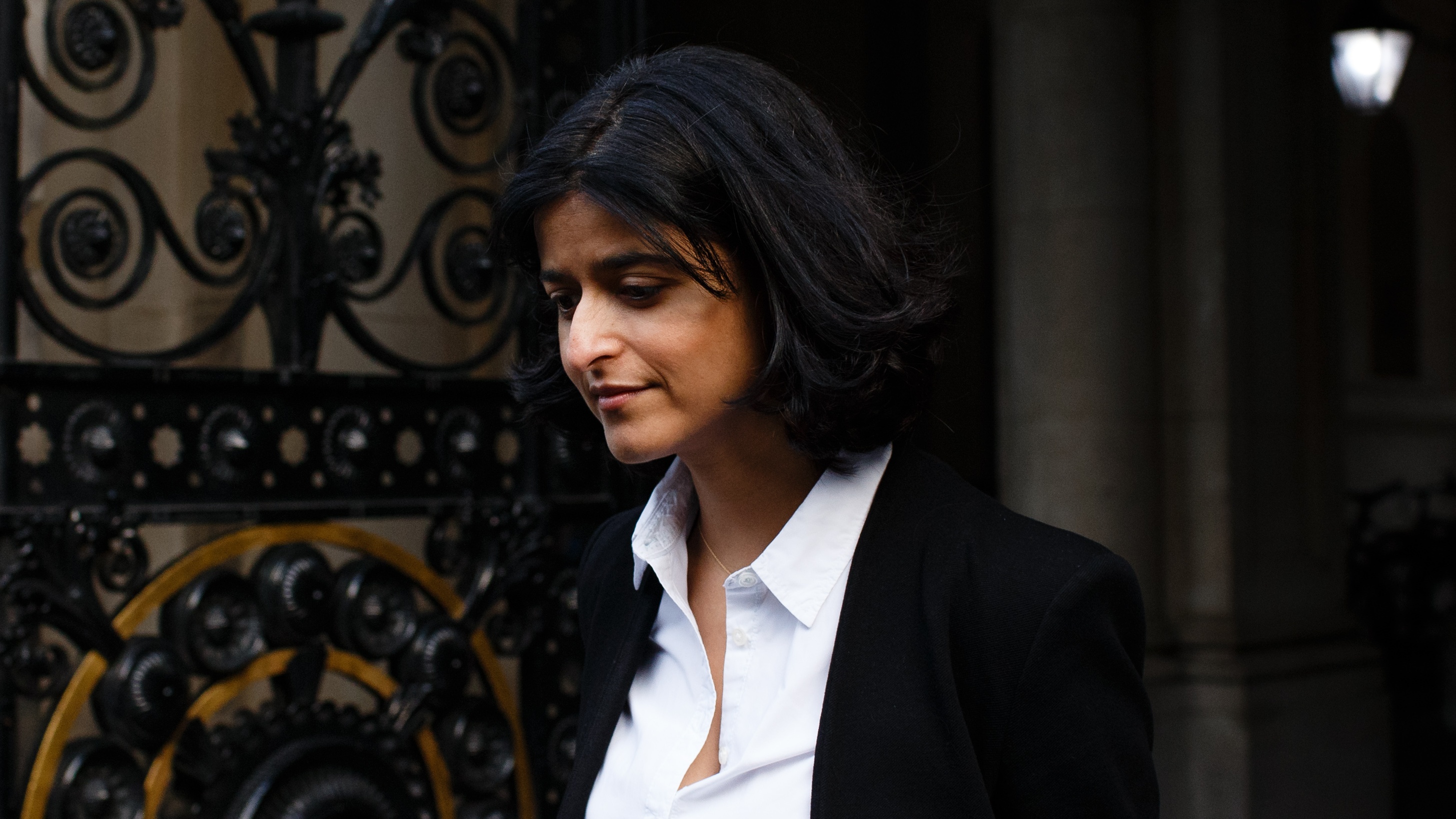
- 1. Munira Mirza’s resignation suggests the game is up for Boris Johnson
- 2. As the scandals keep coming, distrust of the police has gone mainstream
- 3. The Baftas’ disdain for British brilliance feels like self-sabotage
- 4. Putin’s grand plan is failing
- 5. Three steps Queen Elizabeth should take after 70 years on Britain’s throne
A free daily email with the biggest news stories of the day – and the best features from TheWeek.com
You are now subscribed
Your newsletter sign-up was successful
1. Munira Mirza’s resignation suggests the game is up for Boris Johnson
John Rentoul in The Independent
on an ailing premiership
“She may be unknown to most voters, but Munira Mirza’s resignation yesterday was the breaking of another pit-prop under Boris Johnson’s creaking premiership,” writes chief political commentator John Rentoul for The Independent. Although Johnson tried to make it look as if her exit was part of the No. 10 clear-out promised by the PM in the wake of the partygate scandal, in reality “her departure was different”. Conservative MPs could now feel that Mirza’s letter of resignation – which cited her anger over Johnson’s false claims that Keir Starmer in his role as director of public prosecutions had failed to prosecute Jimmy Savile – has “weakened their bonds” of loyalty towards the prime minister, and some could now send in letters of no confidence. Her departure also “suggests that some people in No 10 think it’s all over”, Rentoul writes. “I am sure that Mirza’s anger about the Savile slur is genuine, but it is also true that if you want another job, it might be better to get out now on a point of principle than to hope for a place on the last helicopter out of Saigon.”
The Week
Escape your echo chamber. Get the facts behind the news, plus analysis from multiple perspectives.

Sign up for The Week's Free Newsletters
From our morning news briefing to a weekly Good News Newsletter, get the best of The Week delivered directly to your inbox.
From our morning news briefing to a weekly Good News Newsletter, get the best of The Week delivered directly to your inbox.
2. As the scandals keep coming, distrust of the police has gone mainstream
Gaby Hinsliff in The Guardian
on Met misjudgments
“An Ipsos-Mori poll this week found that fewer than a third of Britons are confident that the police investigation of alleged lockdown-busting parties in Downing Street will actually result in anyone who broke Covid rules getting punished, while considerably fewer than half expect the police to be thorough or independent,” writes columnist Gaby Hinsliff in The Guardian. “The Metropolitan police’s strange, foot-dragging reluctance to investigate, at least until shamed into it by a Whitehall inquiry, now looks like a catastrophic misjudgment,” she continues. “But it wouldn’t have been so damaging had it not reinforced a more longstanding sense that something has gone very wrong in British policing,” she continued. “This is a dangerous moment for decent officers trying to do a good job in thankless circumstances, including female officers horrified by some male colleagues’ behaviour who may have felt forced to ‘play the game or stay quiet’,” she writes. “Given this government’s proven tendency to ignore constitutional niceties, it may also be a dangerous moment for the perennially delicate balance between police operational independence and political meddling.”
A free daily email with the biggest news stories of the day – and the best features from TheWeek.com
3. The Baftas’ disdain for British brilliance feels like self-sabotage
Tim Robey in The Telegraph
on home-grown talent
“The Baftas have certainly embraced all things boutique, alternative and grungy this year,” writes film critic Tim Robey in The Telegraph, but they have missed an opportunity to “wave the flag for UK film production”. While in some years “resisting that urge might in fact look commendable, for fear of looking too parochial or boosterish”, this year “it feels an awful lot like self-sabotage. Amid acting nominations that range from the terrific and surprising to the dreary and obvious, two big British stars have also been left out” – namely, Olivia Colman for her turn in The Lost Daughter, and Andrew Garfield for Tick, Tick… Boom! “Many would argue the great achievement” of cinema this year “has been to stop cinema going under,” he continues. And the Baftas could at least acknowledge one major “home grown triumph” in this department by showing “a bit more respect” to British-made blockbuster No Time to Die.
4. Putin’s grand plan is failing
Ian Birrell for UnHerd
on an own goal
“Admirers and appeasers of [Vladimir] Putin – who can be found across the political spectrum – often repeat a well-worn cliché that he plays chess while his foes play chequers,” writes Ian Birrell for UnHerd. “But is Putin really such a grandmaster on the geo-political chessboard?” After two weeks of reporting in Ukraine, what has been made “abundantly clear” to Birrell is in fact “the failure of this supposed Machiavellian mastermind, whose goal of rebuilding Russia’s empire and shattering Nato lies in tatters”. It is clear that “despite Putin’s efforts to blame the West for meddling in Ukraine”, in reality his “belligerence and toxic intervention” has only “hastened” Ukraine’s move towards Europe.
5. Three steps Queen Elizabeth should take after 70 years on Britain’s throne
Autumn Brewington in The Washington Post
on royal reforms
The Queen has every right to “celebrate her record-breaking 70 years on the throne”, writes Autumn Brewington in The Washington Post. “But with the broader royal family in a far less sterling state, this latest milestone is an opportunity to do more than take a victory lap.” The Platinum Jubilee is the ideal moment to settle three questions. “First, specify what a future, ‘slimmed-down’ royal family looks like,” she suggests. “Second, announce whether Camilla will be crowned queen.” Waiting until Charles becomes king would lead to an unseemly debate during a period of national mourning – and in any case, Brewington says, the Queen “is the only royal who can make this change without a potentially debilitating public outcry”. Finally, “she could suggest a limit to how long any person reigns – perhaps to ensure that the crown changes hands at least once every generation. That could help the institution stay relevant.”
-
 Political cartoons for February 16
Political cartoons for February 16Cartoons Monday’s political cartoons include President's Day, a valentine from the Epstein files, and more
-
 Regent Hong Kong: a tranquil haven with a prime waterfront spot
Regent Hong Kong: a tranquil haven with a prime waterfront spotThe Week Recommends The trendy hotel recently underwent an extensive two-year revamp
-
 The problem with diagnosing profound autism
The problem with diagnosing profound autismThe Explainer Experts are reconsidering the idea of autism as a spectrum, which could impact diagnoses and policy making for the condition
-
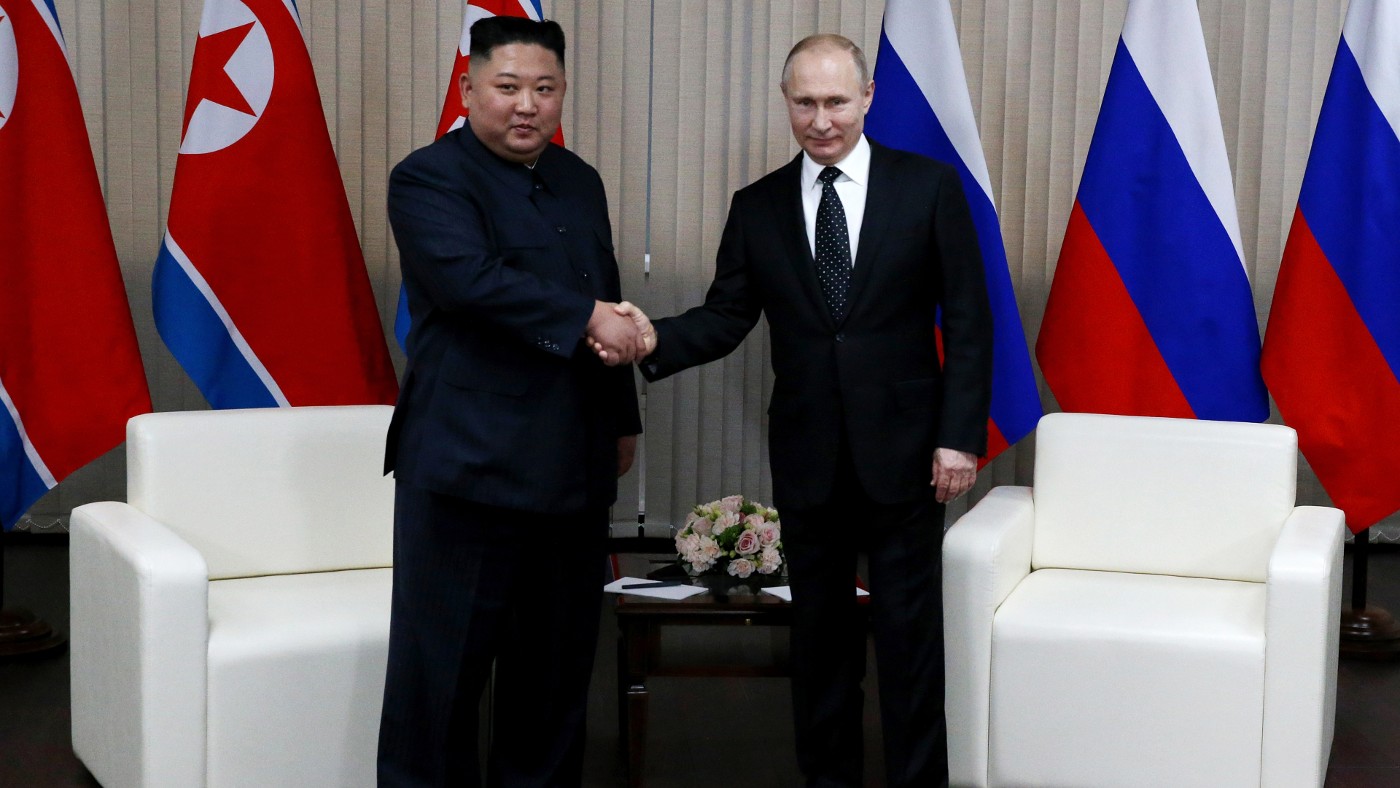 Would North Korean weapons tilt the war Russia’s way?
Would North Korean weapons tilt the war Russia’s way?Today's Big Question Putin wants to boost ‘depleted stocks’ but Pyongyang’s arms may be in poor condition
-
 Nobody seems surprised Wagner's Prigozhin died under suspicious circumstances
Nobody seems surprised Wagner's Prigozhin died under suspicious circumstancesSpeed Read
-
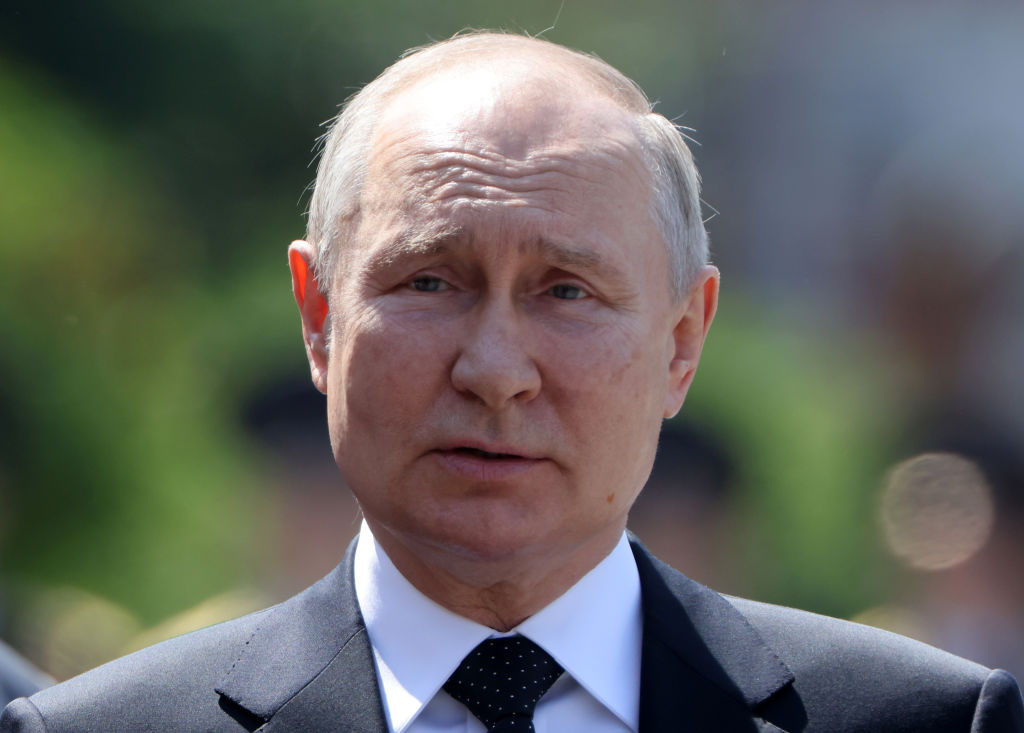 Putin's grip on power apparently damaged after Wagner mutiny
Putin's grip on power apparently damaged after Wagner mutinySpeed Read
-
 Boris Johnson shocks UK by resigning from Parliament
Boris Johnson shocks UK by resigning from ParliamentSpeed Read
-
 Bees delay flight for three hours
Bees delay flight for three hoursfeature And other stories from the stranger side of life
-
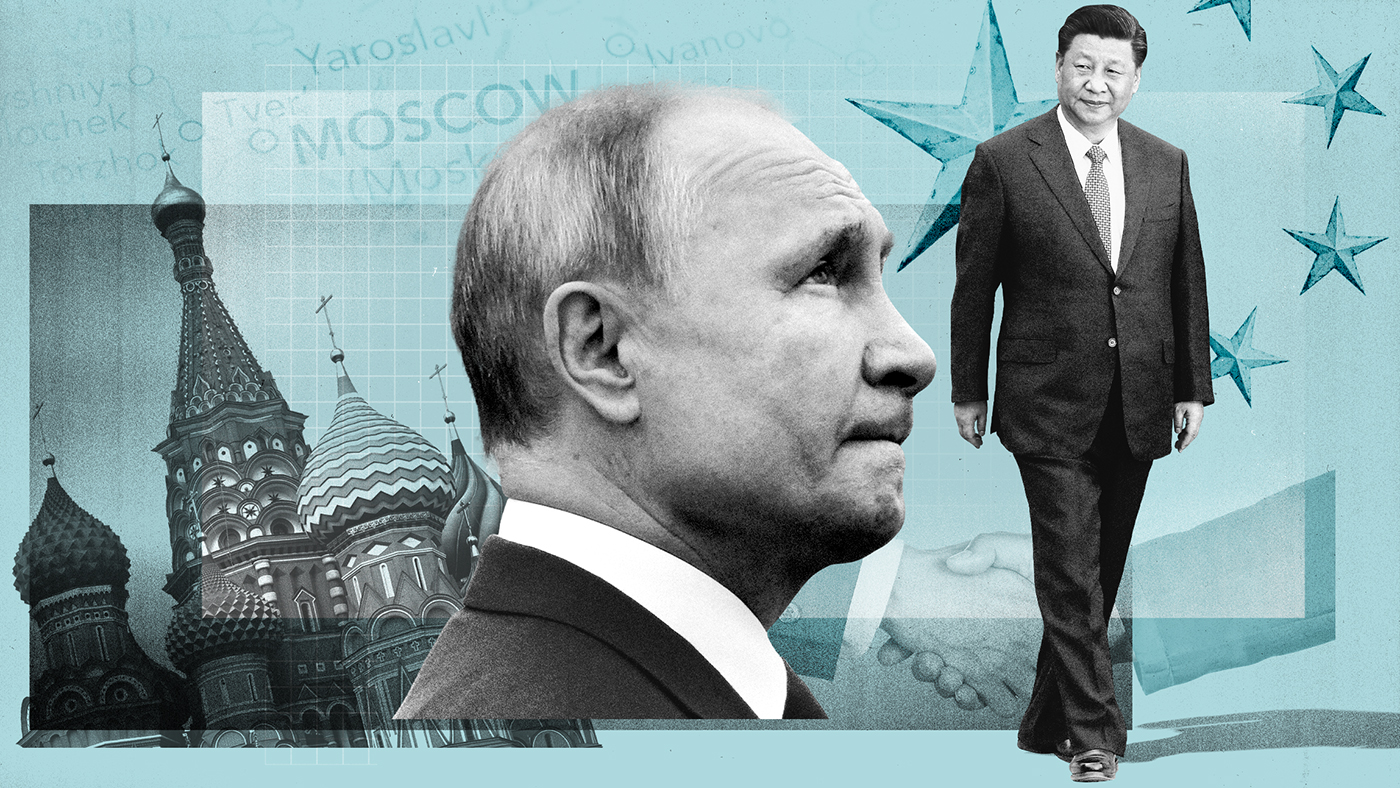 Is Russia a Chinese 'client state'?
Is Russia a Chinese 'client state'?Today's Big Question Reading between the lines of Xi and Putin's Moscow summit
-
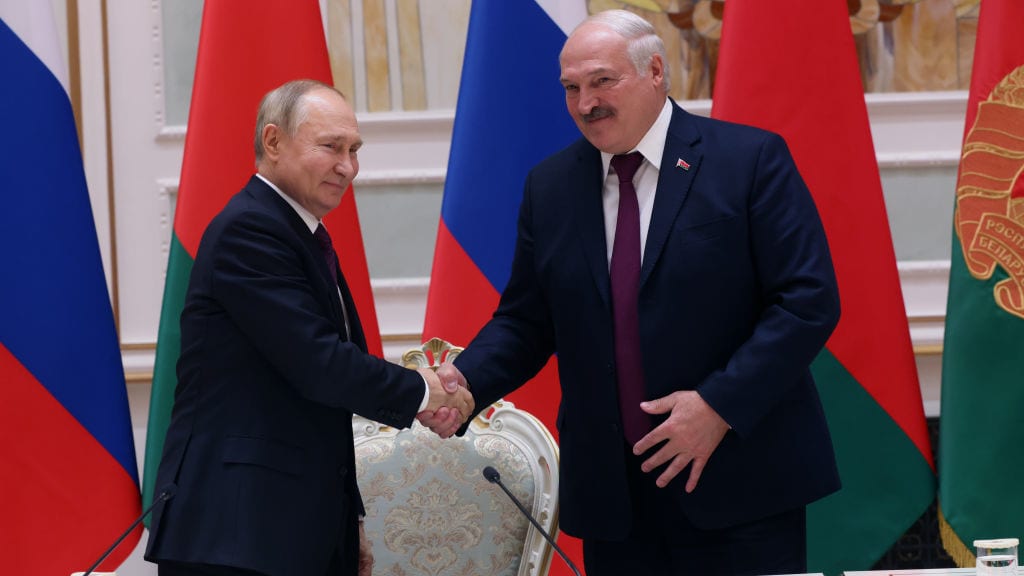 Putin, Lukashenko meet as Ukraine fears Moscow could launch offensive from Belarus
Putin, Lukashenko meet as Ukraine fears Moscow could launch offensive from BelarusSpeed Read
-
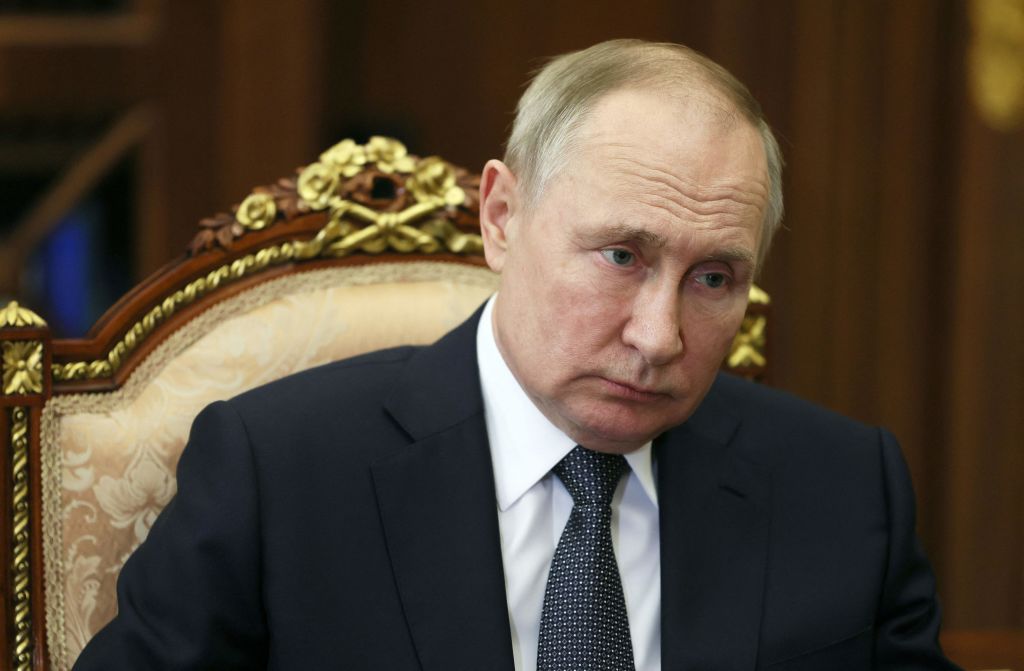 Vladimir Putin will skip annual year-end press conference for 1st time in a decade amid Ukraine setbacks
Vladimir Putin will skip annual year-end press conference for 1st time in a decade amid Ukraine setbacksSpeed Read